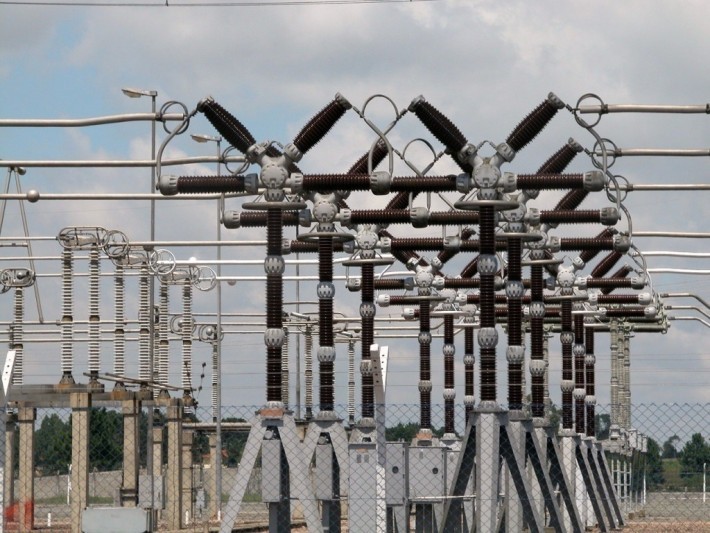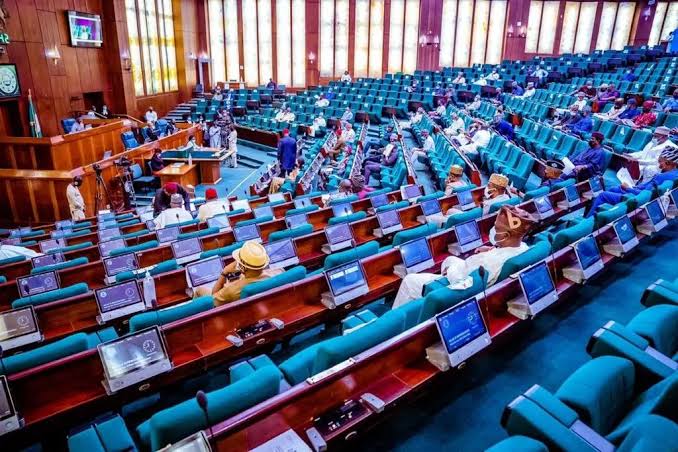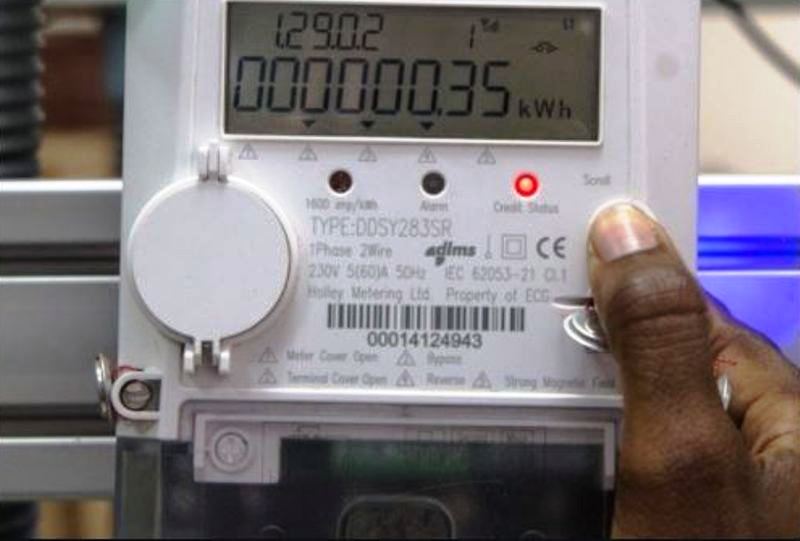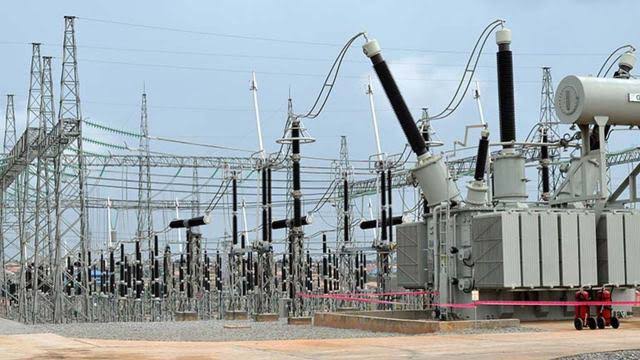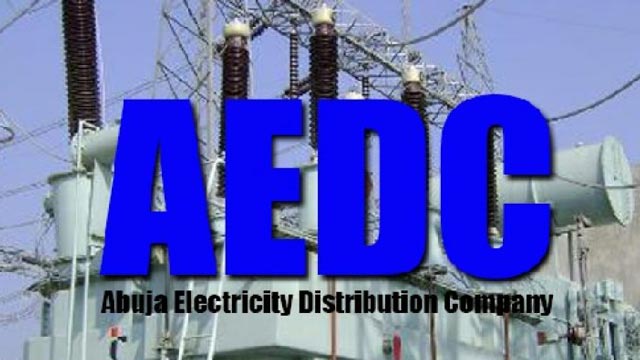Power consumers, on Saturday, expressed relief after it was confirmed that electricity distribution companies had not implemented the proposed hike in the tariff payable for electricity nationwide.
Some power distribution firms had announced on Sunday, June 25, 2023, that there would be a hike in tariff from July 1, 2023.
The Discos, however, backtracked the next day after widespread criticism, as they stated that the Nigerian Electricity Regulatory Commission had yet to approve the proposed hike.
But the development caused apprehension among power consumers as many prepaid consumers rushed to buy more units in their meters, while anticipating a possible hike in tariff.
It was, however, observed on Saturday, being July 1, 2023, that the Discos did not raise the tariff.
the tariff for power users on Band A, for instance, which stood at N68/kilowatt-hour as of Tuesday, June 27, 2023, remained the same on Saturday.
The halt in the tariff hike was also confirmed by some residents of the Federal Capital Territory, as they expressed relief over the development.
It’s a huge relief for many of us, because it would have been terrible if they (Discos) had increased the tariff by 40 per cent as they earlier proposed,” Innocent Utulu, who resides in Kubwa, FCT, stated.
Another resident, Gbemisola Kenny, said, “Many people are finding it tough to cope with the over 150 per cent rise in petrol price, and they want to add another 40 per cent increase in electricity tariff? That would have been economically disastrous if it was implemented.”
NCPN foresees quiet hike
The President, Nigeria Consumer Protection Network, and coordinator, Power Sector Perspectives, Kunle Olubiyo, confirmed the halt in the proposed tariff hike by the Discos, but told a national daily that it might be raised quietly in the near future.
He stated, “Tariff adjustments happen every six months. However, most of us just concluded that the six months was supposed to end on June 30, 2023, and that with effect from July 1, there might be an upward review.
However, that is not sacrosanct; there is nothing in the books that says it has to be July 1. But, of course, in this month of July, somewhere along the line before this month ends, you may load credit and notice some adjustment.
“We have seen that in the past. There was supposed to be an increase in September 2020, it didn’t come immediately. But between December 2020 and January 2021, the increase was made quietly that now brought the rate for Band A from N24/kwh to N56/kwh, before it was quietly raised again to N68/kwh.”
The Multi Year Tariff Order of the Nigerian Electricity Regulatory Commission that speaks to tariff reviews in the sector has it that electricity tariff is meant to be reviewed every six months.
The last tariff increase took effect in January this year. This implies that the tariff that was paid by power consumers between January and June will be reviewed and a new one ought to take effect this month.
In reviewing the tariff, based on the MYTO, the NERC considers various economic factors, including inflation rate, foreign exchange rate, available power generation capacity, gas price and capital expenditure adjustment, among others.
Operators project that the high rate of inflation, coupled with the recent floating of the naira, among other factors, will see to an estimated rise of about 40 per cent in electricity tariff by July should the MYTO be implemented.
Commenting on this, Olubiyo insisted that the tariff adjustment being expected this month could be done quietly, stressing that a recent document from NERC showed that the Discos were losing about 40 per cent of their revenue to power theft and other challenges in the sector.
He stated, “In that document, they’ve given us an insight into reasons why they should increase tariff. They’ve given us the issue of losses of about 40 per cent, stating that for every N100 that should accrue to the Discos, they lose about N40.
“So, are we to bear this, knowing it is due to the inefficiencies of the Discos? These are issues that need to be trashed and corrected in the sector.”
40% revenue loss
Data obtained by a national daily from a NERC document showed that all the distribution companies exceeded their allowed targets for Aggregate Technical, Commercial, and Collection losses.
The ATC&C losses include technical, commercial and collection inefficiencies in the power distribution process, such as power theft, meter tampering, billing inaccuracies and revenue leakages.
NERC stated that an urgent implementation of the Electricity Act, 2023 across states was required to address these losses, including infrastructure upgrades, modernised metering systems, improved revenue collection mechanisms and stricter measures against power theft.
The commission’s data for June 2023 revealed that the ATC&C losses of all the Discos exceeded their permitted targets.
The regulator pointed out that the failure to meet loss targets was also coming at a time when the sector was considering an increase in electricity tariffs brought about by macroeconomic conditions.
“These losses can be attributed to technical issues, such as power theft, meter tampering, and equipment failures, and commercial challenges, such as billing inaccuracies and revenue leakages. Furthermore, collection losses arise from difficulties in retrieving payments from consumers,” the commission stated.
According to the report, these were the losses recorded between the third and fourth quarters of 2022.
The report stated that the cumulative Disco ATC&C loss in the fourth quarter of 2022 was
44.15 per cent composed of 23.84 per cent technical and commercial losses, and 26.67 per cent in collection losses.
“Thus, this level of the ATC&C loss implies that throughout 2022/Q4, on average, N44.15 in every N100 worth of energy received by a Disco was unrecovered due to a combination of inefficient distribution networks, energy theft, low revenue collection, and the unwillingness of customers to pay their bills,” the report stated.
It also stated that any Disco that could outperform its allowed ATC&C (i.e., lower actual ATC&C than the target used to compute its cost-reflective tariff) would earn more returns on its set tariffs.
“Conversely, any Disco that under-performs relative to its allowed ATC&C (i.e., has a higher actual ATC&C than the target) will be unable to earn the expected returns on its set tariffs and could risk long-term financial challenges,” the commission explained.
NERC’s findings highlighted the need for urgent action to address the losses and improve the overall efficiency of the electricity distribution system.
It stated that by surpassing the allowed targets, the Discos were failing to meet their obligations and deliver electricity services in a financially sustainable manner.
It said the ATC&C losses were grouped into technical losses, which include heat losses due to load flow in electrical lines and transformation loss in transformers.
Another is commercial loss, which is due to discrepancy in meter reading, erroneous billing, unmetered consumption, or energy theft, while the last is collection loss that has to do with unpaid bills.
The NERC report stated that the Aggregate Technical, Commercial, and Collection loss was a summation of billing losses incurred by Discos due to their inability to bill 100 per cent of delivered energy to consumers (technical and commercial losses).
“It is important to note that the collection losses arise from Discos’ inability to collect against the invoices issued to consumers,” the regulator stated.
It highlighted the fact that the ATC&C was a critical performance-setting parameter for tariff determination because it represented the efficient losses that Discos were allowed to recover from customers.
According to the NERC report, in the third quarter of 2022, all the Discos experienced technical, commercial and collection losses of 46.42 per cent, which decreased to 44.15 per cent in the fourth quarter.
Additionally, technical and commercial losses were recorded at 24.31 per cent in the third quarter of 2022 and improved to 23.84 per cent the following quarter.
Furthermore, collection losses accounted for 29.13 per cent in the third quarter of 2022 and decreased to 26.67 per cent in the fourth quarter.
To address the issue, NERC stated that the Discos must make investments in infrastructure upgrades, modernise their metering systems and improve revenue collection methods.
Moreover, implementing stricter measures to combat power theft and illegal connections is crucial for reducing technical losses. Fortunately, the 2023 Electricity Act addresses the problem of electricity theft and recommends the imposition of jail terms for offenders,” the commission stated.
It further explained that the ATC&C losses were critical to lower or higher electricity tariffs because they reflected the efficiency of the distribution system and the revenue collection of the utility.
Source: Punch


